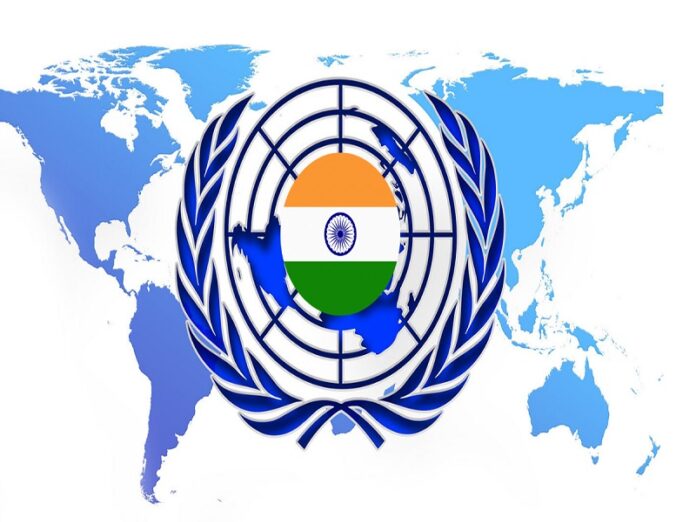Indian Permanent Representative to the UN Parvathaneni Harish argued strongly in support of UNSC reform in mid-April. As he phrased it, “Reform is essential to make the UN fit for purpose, to enable it to respond meaningfully to the current global challenges… And those who do not endorse real reforms that reflect contemporary realities fall on the wrong side of history, which is detrimental to all of us.” He was speaking on behalf of the G4 at a meeting of the Intergovernmental Negotiations (IGN) framework.
The G4 refers to the group of countries that support one another’s bid for permanent seats at the UNSC. The other three members are Brazil, Germany, and Japan. As for the IGN, it consists of the G4, its rival Uniting for Consensus group which only wants to expand the number of non-permanent seats, the AU, the L69 group of developing countries, the Arab League, and CARICOM. Ambassador Harish therefore made his country’s and associated group’s case for UNSC reform before most of the world.
For as compelling as his arguments are, and as sensible as it is from the perspective of India’s national interests for it to team up with Brazil, Germany, and Japan in pursuit of this shared goal, this latest push is expected to be gently opposed by Russia. That’s because Russia has argued against giving Germany and Japan permanent seats at the UNSC since it would worsen that body’s pro-Western imbalance. Another obstacle is that Russia and Japan have yet to sign a peace treaty due to the Kuril Islands dispute.
Objectively speaking, the UNSC has long been dysfunctional due to its East-West bifurcation, so including more permanent members – especially two ardently pro-Western ones – would only exacerbate this. At the same time, however, permanent membership is widely perceived as prestigious and nowadays considered equivalent to global recognition of a country’s Great Power status or credible ambitions to become one. It’s therefore understandable why India wants permanent representation at the UNSC.
This is all the more so given how profoundly the world has changed in the past three years since Russia’s special operation unprecedentedly accelerated the global systemic transition to multipolarity. India capitalized on these processes to become the Voice of the Global South, a truly neutral player in the New Cold War, and a crucial force in the global economy, which altogether give it the trappings of a Great Power worthy of a permanent UNSC seat. Continuing to deny it this is thus considered disrespectful.
Russia supports India and Brazil becoming permanent members, but they don’t want to break with fellow G4 members Germany and Japan to receive such without them, though China might block India’s request due to their unresolved territorial disputes in any case. Nevertheless, there are clear differences between Russia and India’s approach towards UNSC reform, but they’re expected to responsibly manage them by not publicly criticizing one another’s position and instead continuing dialogue on this issue.
One way of smoothing over their differences could be for Russia to convince India that a permanent seat at the already dysfunctional UNSC is less important than expanding the number of “mini-laterals” like the I2U2 in which it participates and strengthening the effectiveness of regional blocs like BIMSTEC. These have a much more tangible impact on reshaping the world order nowadays and could thus more than compensate for India’s potentially protracted lack of permanent UNSC membership.
